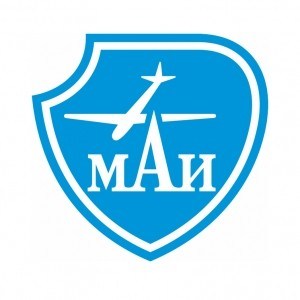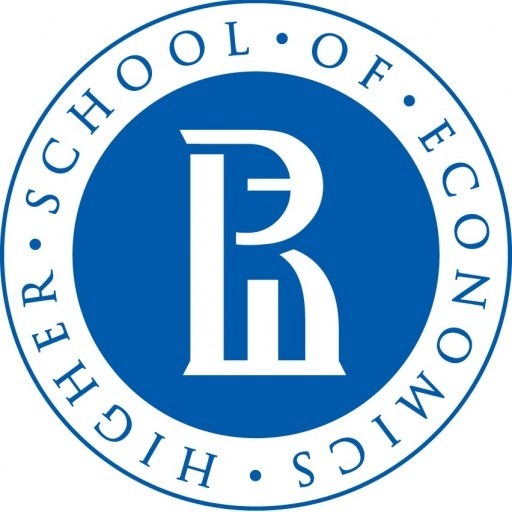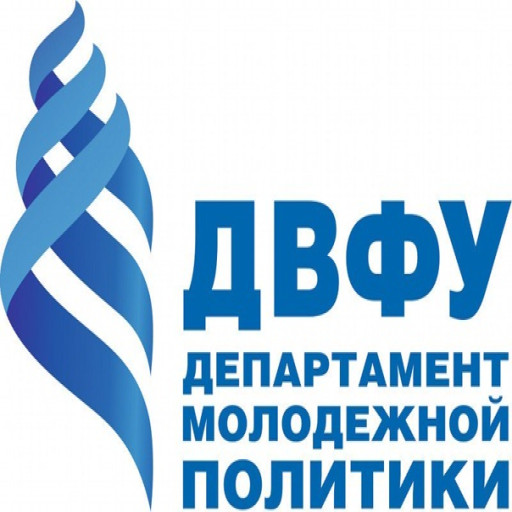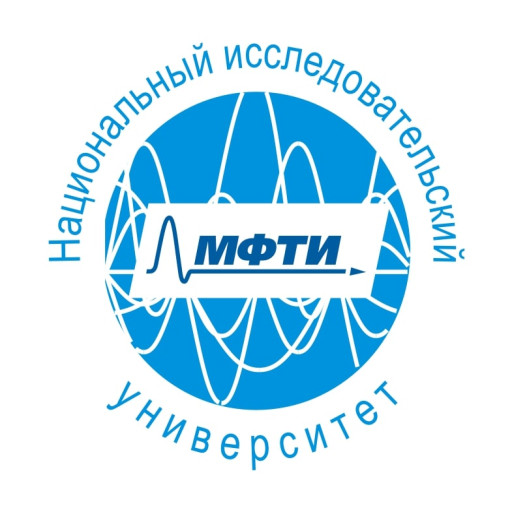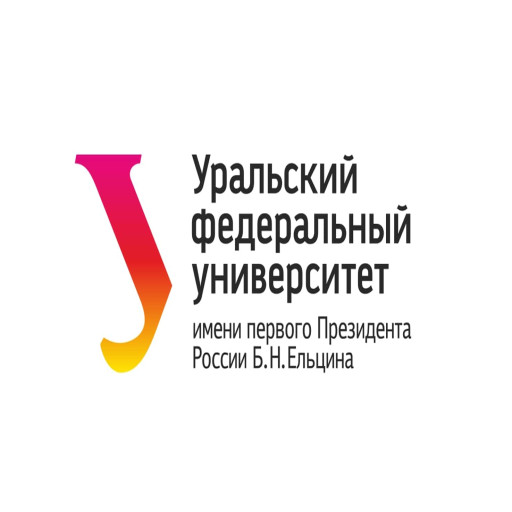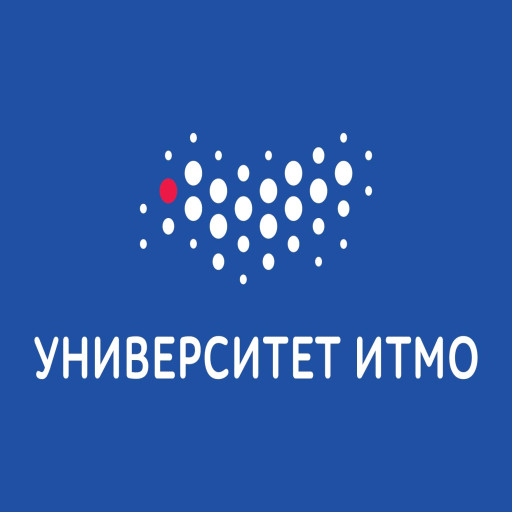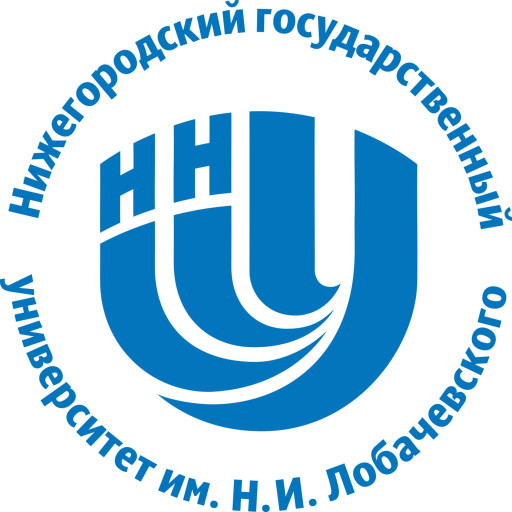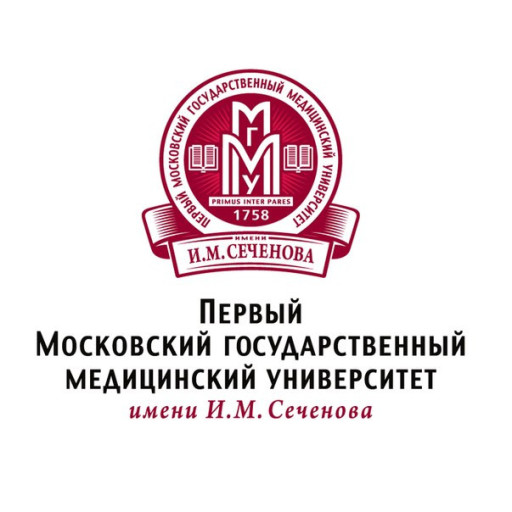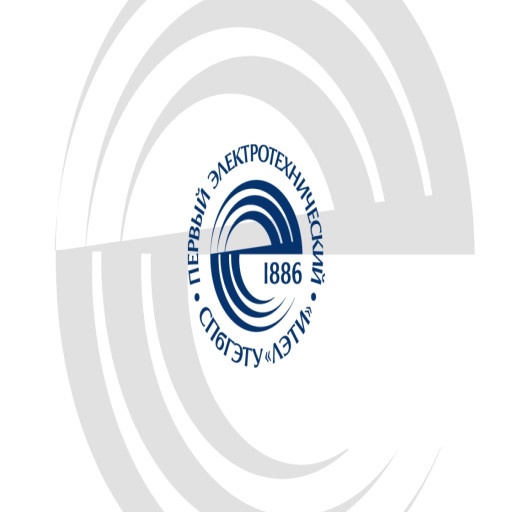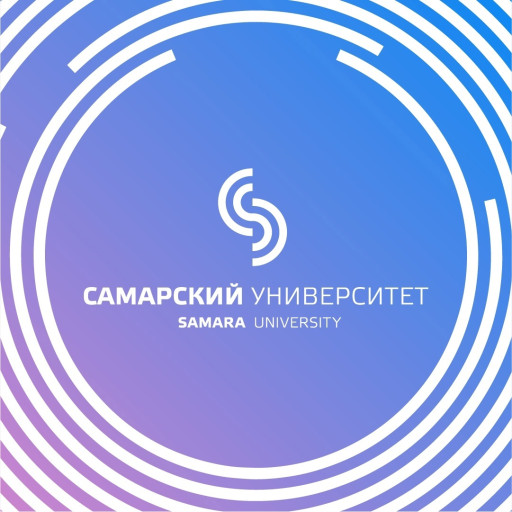Photos of university / #mai_university
Aeronautical Engineering at Moscow Aviation Institute offers a comprehensive educational program focused on the design, development, testing, and maintenance of aircraft and aerospace systems. This program aims to prepare highly qualified specialists capable of contributing to the modern aerospace industry, including the development of new aircraft and spacecraft, improving existing aeronautical technologies, and ensuring the safety and efficiency of aviation operations. The curriculum combines in-depth theoretical knowledge with practical skills, covering subjects such as aerodynamics, structural analysis, propulsion systems, avionics, materials science, and manufacturing technologies. Students gain experience through laboratory work, simulation exercises, and internships at leading aerospace enterprises, enabling them to adapt to the evolving demands of the industry. The program emphasizes innovation and research, encouraging students to participate in scientific projects and engineering design competitions. Graduates are prepared for careers in aircraft design bureaus, research institutes, manufacturing companies, and maintenance organizations. They also possess opportunities for postgraduate studies and professional development in various fields related to aerospace engineering. The university's state-of-the-art facilities, specialized laboratories, and close cooperation with industry partners ensure an education aligned with current and future technological trends. The program promotes international cooperation, giving students exposure to global aerospace standards and practices. Upon completion, graduates receive a Bachelor's or Engineer's degree in Aeronautical Engineering, qualifying them for roles that require expertise in aircraft and spacecraft design, testing, and operation. This degree program at Moscow Aviation Institute meets the needs of a rapidly growing aerospace sector and prepares students for a successful career in one of the most innovative and dynamic fields of engineering.
Year 1
- Mathematics
- Physics
- Introduction to aerospace engineering
- Mechanics
- Statistics
- Materials
Year 2
- Advanced mathematics
- Metrology and standardization
- Electrical engineering
- Advanced mechanics
Years 3 and 4
The 3rd year of this program will be divided into 4 modules:
- Aircraft Engineering.
- Aircraft Engines.
- Electronic Engineering and Avionics.
- Computer Aided Engineering (CAE) in Aircraft Manufacturing.
Further study will depend on what module you choose from the beginning. From the 3rd year onwards you will begin to deal with some of the advanced concepts in aeronautics, engines and electronics. These include the study of flight dynamics and flight control, aircraft power plants, aerohydrodynamics, control systems and technologies, and sensing technologies. Half of the 4th year will be devoted to project work. Individual project work allows you to apply the knowledge you have gained during your studies to a specific problem in aeronautical engineering. You will take part in practical laboratories and carry out different experiments using modern, state of the art equipment.
Requirements
- Select the program that you would like to attend at MAI.
- Submit your completed application form at instudy.mai.ru. The MAI International Offi ce will reply by e-mail within 10 days.
- Prepare any documentation required by MAI, including passport and academic paperwork.
- If you are accepted, you will receive an acceptance letter and a visa application.
- Thirty days after sending the acceptance letter, MAI will issue a letter of invitation via courier. This may take up to two weeks to arrive.
- You will need to make an appointment at the Embassy/Consulate of the Russian Federation in your country and submit all documents required to obtain a student visa.
- Upon receiving your student visa, please make travels arrangements and if you need to be picked up at the airport, please send your fl ight details to the International Offi ce at least seven days prior to your arrival.
- Visit the International Relations Department within three working days of your entry to Russia.
The financing of the Aeronautical Engineering program at Moscow Aviation Institute is primarily based on a combination of state funding, budget allocations, and additional sources of financial support. As a leading technical university in Russia, Moscow Aviation Institute benefits from substantial government backing aimed at fostering high-quality education and research in aeronautics and aerospace engineering disciplines. The state funding covers the core expenses associated with faculty salaries, academic infrastructure, laboratory equipment, and academic resources necessary for delivering the program at a high standard.
In addition to the primary government financing, the university actively seeks external sources of financial support, including industry partnerships, sponsorship programs, grants, and collaboration with aerospace corporations. These partnerships often contribute to the modernization of laboratories, the development of innovative research projects, and the provision of scholarships and stipends for students engaged in cutting-edge aerospace research. The university also encourages students to participate in research grants and projects funded by governmental agencies such as the Russian Foundation for Basic Research (RFBR) or the Ministry of Education and Science of the Russian Federation.
Furthermore, Moscow Aviation Institute offers various scholarship programs to attract talented students, funded both by the university's internal budget and external partners. These scholarships help reduce the financial burden on students and support their academic and professional development. International students enrolling in the program may have access to additional funding opportunities through bilateral agreements, international scholarships, or Erasmus+ programs, depending on current agreements and partnerships.
Overall, the financial model for the Aeronautical Engineering program is designed to ensure the sustainability and continuous improvement of the curriculum, laboratory facilities, and research activities. The university emphasizes the importance of integrating education with practical industry experience, which is supported by financial investments from industry partners. This multi-source financing approach guarantees that students receive comprehensive, modern training aligned with the latest developments in aeronautics and aerospace engineering, preparing graduates for successful careers in the aviation industry and related fields.
The Bachelor's degree program in Aeronautical Engineering at Moscow Aviation Institute (MAI) is designed to prepare highly qualified specialists capable of contributing to the development, operation, and maintenance of aeronautical and aerospace systems. This program combines fundamental engineering principles with specialized knowledge of aircraft design, aerodynamics, materials science, propulsion systems, and avionics. Students gain a comprehensive understanding of the physical principles underlying flight, as well as practical skills in designing, testing, and analyzing aircraft components and systems.
The curriculum typically includes courses in mathematics, physics, mechanics, thermodynamics, fluid dynamics, materials science, electrical engineering, and control systems. Advanced topics such as aircraft aerodynamics, aircraft structural analysis, propulsion systems, and avionics are also integral parts of the program. Laboratory work, design projects, and internships are emphasized to ensure students acquire hands-on experience and are ready for professional challenges in the aerospace industry.
Moscow Aviation Institute collaborates with leading aerospace enterprises and research institutions, providing students with internship opportunities and exposure to real-world engineering challenges. Graduates are well-equipped to work in aircraft manufacturing companies, aerospace research institutes, and defense industry organizations. They can pursue careers in aircraft design, production, maintenance, and research, or continue their education at the master's and doctoral levels.
The university’s engineering education focuses on a strong theoretical foundation combined with practical skills, fostering innovation and problem-solving abilities. The program aims to cultivate specialists who are proficient in modern engineering tools, CAD systems, and simulation software used in aircraft and aerospace system development. Emphasis on safety standards, environmental considerations, and compliance with international aviation regulations prepares students for global industry requirements.
Overall, the Aeronautical Engineering bachelor’s program at Moscow Aviation Institute provides a rigorous academic environment with a focus on producing competent engineers ready to meet the demands of the rapidly evolving aerospace sector, contributing to advancements in aviation technology and aerospace research on both national and international levels. Graduates are positioned to become industry leaders, innovative designers, and key contributors to the development of future aviation and space exploration technologies.
(1,909 characters)
